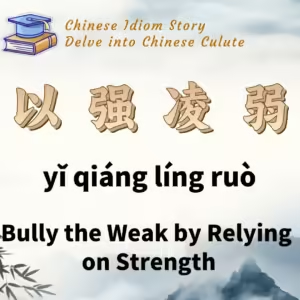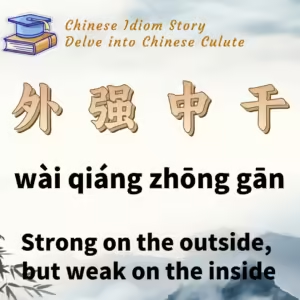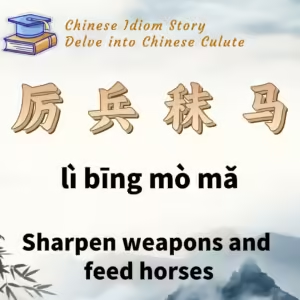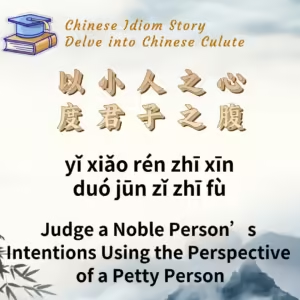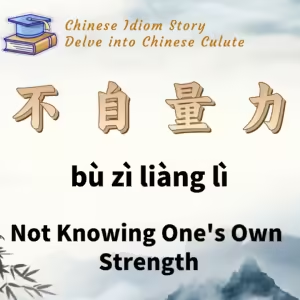
Chinese Idiom: 不自量力 (Bu Zi Liang Li)
English Translation: Not Knowing One’s Own Strength
pīn yīn: bù zì liàng lì
Idiom Meaning: To overestimate one’s own abilities or underestimate the difficulty of a task; to act beyond one’s capabilities.
Historical Source: Zuo’s Commentary (《左传·隐公十一年》)
Idiom Story:
During the Spring and Autumn period, there were two neighboring states, Xi and Zheng, located in what is now central Henan Province, China. Xi was a relatively weak state, while Zheng was stronger. Around 712 BCE, a dispute arose between the two states. The ruler of Xi, disregarding the imbalance of power, decided to launch an attack against Zheng.
This decision was widely criticized. Observers predicted that the state of Xi would face ruin because its ruler was making five key mistakes:
- Not assessing the righteousness of the action: The ruler failed to consider whether the attack was justified.
- Not gauging one’s own strength: He did not measure his state’s ability to take on Zheng.
- Not seeking alliances: The ruler did not build alliances with neighboring states.
- Not explaining the reasons for the attack: He did not clarify the reasons behind the military campaign.
- Not discerning the actual guilt: He failed to accurately determine who was at fault.
These errors led to Xi’s defeat in battle. Soon after, Xi was conquered by the state of Chu, which took advantage of the weakened state.
This story illustrates the concept of “不自量力,” where an individual or entity acts beyond their capacity, leading to failure or ruin.

